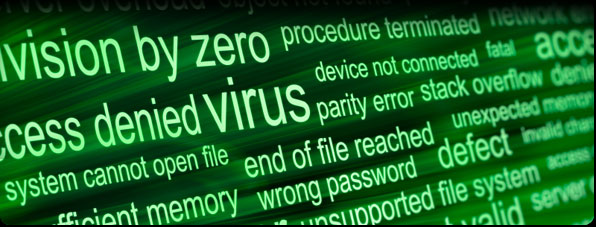We often read headlines in newspapers declaring that UK businesses are suffering as many as 1,000 cyber-attacks an hour, but which businesses are most at risk from hackers? The majority of us would probably suspect that it is the largest organisations; after all they are more likely to have the most-valuable information that will prove to be attractive to hackers.
cyber-attacks
Why is it important that Information Security Management Systems conform to ISO 27001?
The majority of organisations will generally now have a number of information security controls in place. However, without a formal Information Security Management System (ISMS), these controls tend to be somewhat disorganized, haphazard and disjointed.
The reason for this is that the controls have often been implemented partly as specific solutions for specific situations, or simply introduced as a matter of convention. Unfortunately, the security controls in operation today typically only address certain aspects of IT or data security, leaving non-IT information assets like paperwork and proprietary knowledge less protected and vulnerable. Sometimes business continuity planning and physical security might be managed independently of IT or information security, whilst Human Resources practices may not recognise the need to define and assign information security roles and responsibilities throughout the organization. The ISO 27001 standard was introduced to address these issues.
Deception protection: innovative technology that detects, tracks, profiles and prevents hackers in real-time
The security of both the critical national infrastructure and business interests is increasingly being threatened by cyber criminals. Terrorists, fraudsters, rogue states and individual activists are among the criminals who have been targeting computer systems in the UK over the last two years.


